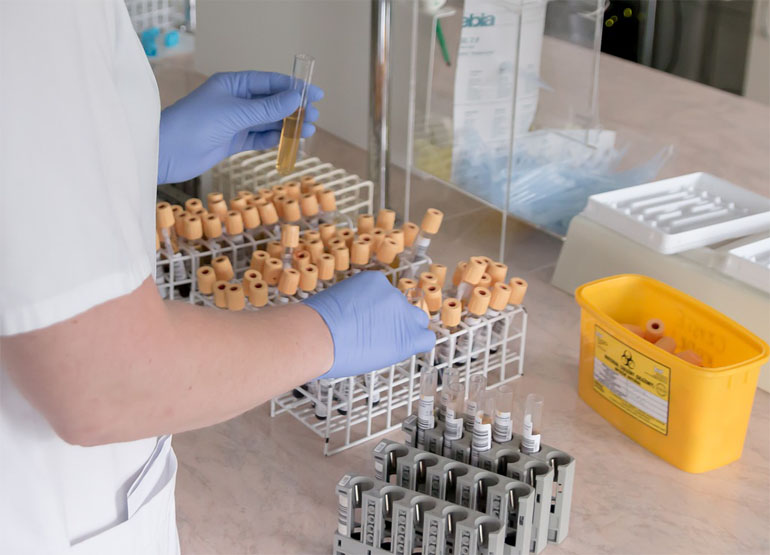Health Pages
Triglycerides
Triglycerides
Like cholesterol, triglycerides are blood fats that are obtained from food and manufactured by the body. Smoking, high blood pressure, diabetes, lack of exercise, hypertension, obesity, a family history of heart disease are all factors that increase the risk of heart disease. Another reliable predictors of heart disease are high blood cholesterol and high triglyceride levels.
The greater the number of risk factors, the more likely you are to develop cardio-vascular problems. It is important, therefore, to do something about as many of them as possible. Not smoking, controlling your blood pressure, maintaining a healthy weight, getting more exercise, learning to cope with stress, lowering your blood cholesterol and trygliceride levels and eating the right foods are all steps towards a healthy head.
Much of the picture regarding triglycerides remains unclear, however don't let yourself be confused by cholesterol and triglycerides!
Triglyceride is the principle form of fat found in foods, body tissues and blood. It is a name given to all visible fat, so most dietary fats are triglycerides.
If you are overweight, or when you consume more calories than you need, your body stores the extra calories that you eat as triglycerides. Triglycerides are stored in fat cells. They are later released and circulate the bloodstream to be used as energy by cells. Too much tryglicerides can be harmful.
There are FIVE most common reasons for high triglycerides:
1. OVERWEIGHT
2. A diet high in sugar and starches
3. A high alcohol intake
4. Stress
5. Physical inactivity
Elevated triglyceride levels are most often seen in people with other lipid abnormalities. The lifestyle modifications that help lower cholesterol also help decrease tryglicerides. High triglyceride levels can be controlled in most cases, but not cured. To do so you must make permanent, beneficial changes in your lifestyle.
How can blood triglycerides be lowered?
1. Achieve and maintain your ideal body weight - To do that, examine your eating habits. Are you overeating, eating only one large, late meal a day, having a bedtime snack? There are many reasons for overeating, not just hunger (stress, boredom).
2. Decrease your calorie intake:
- Take smaller portion sizes at each meal. Use low calorie foods and snacks.
- Have three meals a day rather than one large, late meal.
- Choose whole grain, higher in fiber breads, cereals, crackers, whole grain pastas, and rice.
- Try homemade, high fiber, low sugar baked goods.
- Limit fruit juice and use only 100 % fruit juice, no sugar added brands.
- Fruits contain natural sugars and fiber, so choose whole fruits more often and avoid fruit juice.
- Limit sugar consumption and use natural sweeteners like stevia.
3. Avoid or limit consumption of alcohol - Avoid alcohol until you have reached your ideal weight and your triglycerides are within or below the normal range. Being moderate in the use of alcohol is very important. If you want to limit alcohol consumption, use no more than one drink per day for women and two drinks per day for men.
4. Avoid stress - Develop effective strategies for handling stress and anger. Pay attention to your spiritual side.
5. Increase your activity - If you are overweight, you have taken in more calories than you have used up. "Burn up" calories by exercising (do both aerobic exercise and strength training on a regular basis) and moderate brisk walking (1/2 hour 3 to 4 times per week, or as directed by your physician).
Did You Know?
Learn more:



